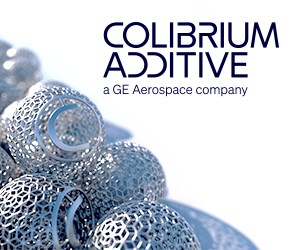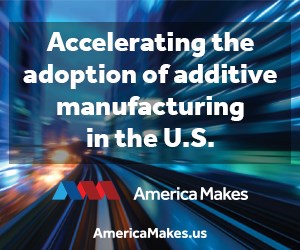Arkema, EOS Launch Carbon Neutral Bio-Circular Powder for Additive Manufacturing
The company says the sustainable Rilsan polyamide 11 powders, produced entirely from renewable castor beans, are recognized worldwide for superior properties and performance in terms of toughness, durability, light weight and processing versatility.
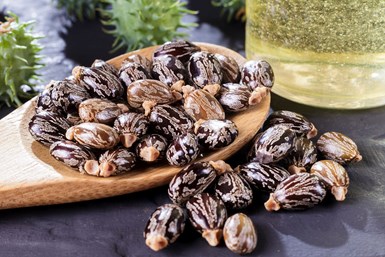
Rilsan polyamide 11 powder is produced by Arkema from renewable castor beans. Photo Credit: Arkema
Arkema and EOS have collaborated on a range of certified carbon neutral impact bio-circular powder solutions for advanced additive manufacturing (AM). Advanced Laser Materials (ALM), an EOS company, is launching advanced polyamide 11 powder solutions which are bio-based and certified as carbon neutral.
The certification is a result of ALM’s additional steps to offset ancillary carbon generation, including installation of solar panels at ALM’s Texas headquarters, as well as investing in Gold Standard carbon credits from the MyClimate solar project in Ethiopia.
According to the company, sustainable Rilsan polyamide 11 powders, produced by Arkema entirely from renewable castor beans, are recognized worldwide for their superior properties and performance in terms of toughness, durability, light weight and processing versatility.
Arkema is an innovator in castor-based, high-performance polymers and has been a major driver of sustainable castor farming in India, where the majority of the global castor crop is grown. It is also a founding member of the Pragati project which has trained several thousand farmers on good agricultural and socioeconomic practices.
EOS is a technology provider for industrial 3D printing of metals and plastics, including systems, materials and process parameters.
"Together with our partners, we strongly focus on establishing responsible manufacturing as the new normal,” says Moritz Kügler, vice president of the business unit polymer materials of EOS. “This new EOS offer combines a sustainable feedstock from castor beans, with advanced performance characteristics and a carbon-neutral climate change profile."
Arkema is also focused on innovations and investments to further lower the climate change impact of its materials to provide even more sustainable solutions. “We offer a unique combination of sustainability virtues — not just bio-based but also sustainably farmed origin, lower carbon emissions, and open and closed loop recycling options as a result of our recent acquisition of Agiplast, a leading specialty polymer recycler," says Adrien Lapeyre, global business director for Arkema’s high performance polymers in additive manufacturing.
Related Content
-
8 Cool Parts From RAPID+TCT 2022: The Cool Parts Show #46
AM parts for applications from automotive to aircraft to furniture, in materials including ceramic, foam, metal and copper-coated polymer.
-
AM 101: Digital Light Synthesis (DLS)
Digital Light Synthesis (DLS) is the name for Carbon's resin-based 3D printing process. How it works and how it differs from stereolithography.
-
Aircraft Ducts 3D Printed in Composite Instead of Metal: The Cool Parts Show #68
Eaton’s new reinforced PEKK, tailored to aircraft applications, provides a cheaper and faster way to make ducts compared to formed aluminum.


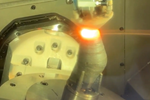

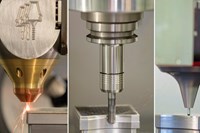

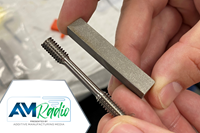
.png;maxWidth=300;quality=90)


